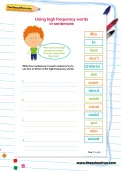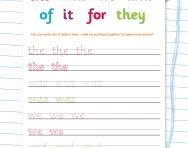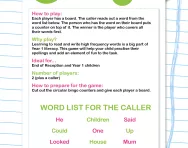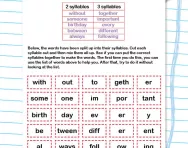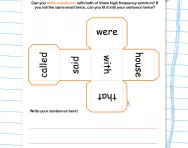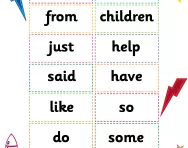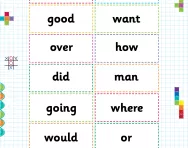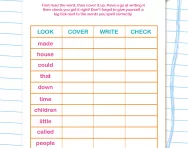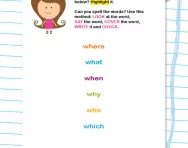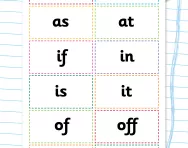Important update from TheSchoolRun
For the past 13 years, TheSchoolRun has been run by a small team of mums working from home, dedicated to providing quality educational resources to primary school parents. Unfortunately, rising supplier costs and falling revenue have made it impossible for us to continue operating, and we’ve had to make the difficult decision to close. The good news: We’ve arranged for another educational provider to take over many of our resources. These will be hosted on a new portal, where the content will be updated and expanded to support your child’s learning.
What this means for subscribers:
- Your subscription is still active, and for now, you can keep using the website as normal — just log in with your usual details to access all our articles and resources*.
- In a few months, all resources will move to the new portal. You’ll continue to have access there until your subscription ends. We’ll send you full details nearer the time.
- As a thank you for your support, we’ll also be sending you 16 primary school eBooks (worth £108.84) to download and keep.
A few changes to be aware of:
- The Learning Journey weekly email has ended, but your child’s plan will still be updated on your dashboard each Monday. Just log in to see the recommended worksheets.
- The 11+ weekly emails have now ended. We sent you all the remaining emails in the series at the end of March — please check your inbox (and spam folder) if you haven’t seen them. You can also follow the full programme here: 11+ Learning Journey.
If you have any questions, please contact us at [email protected]. Thank you for being part of our journey it’s been a privilege to support your family’s learning.
*If you need to reset your password, it will still work as usual. Please check your spam folder if the reset email doesn’t appear in your inbox.
Using high frequency words in sentences
What are high frequency words?
High frequency words are words that appear most frequently in written and spoken language. These words are fundamental to understanding and communication because of their common occurrence.
What are some examples of high frequency words?
Here are some examples of high frequency words:
the
and
is
of
to
in
that
it
was
for
you
he
she
but
Why is it important to learn high frequency words in Year 1?
Learning high frequency words in Year 1 (typically around the ages of 5-6) is crucial for several reasons:
- Building reading fluency
- Creating a solid foundation for literacy learning
- Supporting phonics instruction
- Boosting confidence
- Facilitating writing skills
- Preparing for academic success
How will this Year 1 high frequency worksheet help your child?
This teacher-created, high-frequency worksheet was designed to engage your child with learning and help them consolidate their understanding of high frequency words. It provides an excellent opportunity for revising Year 1 high frequency words and using them in sentences. This is a crucial skill for your Year 1 child.
Use TheSchoolRun site to learn more about high frequency words and access free high frequency words flashcards.
